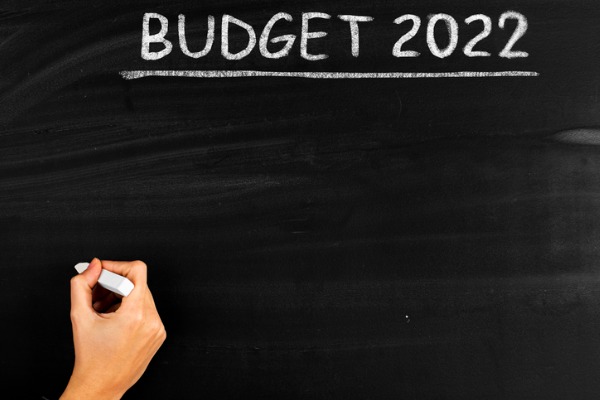What exactly is a marketing budget?
Marketing budget simply means to set out all the money you plan on spending with marketing campaigns. This is usually done a year at a time, quarterly or on a monthly basis.
Your marketing goals need to be shown in your budget and how much you intend to spend. Break it down into the different categories you plan on launching, such as paid advertising, marketing staff or consultants, social media advertising, websites or leaflets and flyers etc.
What should I spend my marketing budget on?
This usually will depend on your industry, what you’re selling and who your user base are. Small businesses need to get the best value for your marketing budget and you need to be the experts in your customer knowledge; who are they? and what are they looking for? See more details on how to identify your audience here.
Take time to research where they’re most interested in and invest in those ideas. If your business regularly appears in places that are relevant to them, potential customers are more likely to remember and develop brand trust.
Lets look at what you could invest your marketing budget in next year:
Email marketing
Mainly why email is so successful, is that you can directly target your market. Once you’ve targeted the right people, it’s just a matter of delivering your message professionally. Emails must have great subject lines, engaging content, contain strong action calls and an outstanding design. You can also outsource to a contractor making a marketing budget well spent. See more details on email marketing here.
Social media
This is an efficient way to market your business online and it’s also something you can do yourself, but as companies grow in size, it can be very time consuming. If you don’t have the budget to outsource social media content to specialists, try it yourself to just focus on one or two platforms that will be the most relevant to the style of your business or industry.
Consistency Is the key to social media. Post regularly and think about how your audience will receive it when you’re creating content. More tips to improving social media here.
Content marketing
The essential part of any content marketing strategy would of course be Video. YouTube currently has more than 2 billion active monthly users worldwide. Video can be used across all digital platforms and globally, it is suggested that the average person will watch around 84 minutes of video online a day.
Blogs are also another fast and less time consuming way to regularly update a website’s content, as well as providing fantastic information and updates to your customers.
Articles with images are more likely to get more views than those that don’t include any at all, which brings us on to SEO. Read why images bring more views than none here.
Search Engine Optimisation (SEO)
SEO is the obvious marketing strategy to those who are familiar that can’t be forgotten. Spending some of your budget to increase awareness in searches is vital to remaining competitive and drawing in your target audience. Marketeers are constantly investing in SEO, if it isn’t part of your marketing plan currently then read why SEO is king here.
Conclusion
So we’ve learnt that as a small business owner, you should make a plan for your marketing that really provides value for money. Investing time into planning can help you to be more efficient and maximise chance of success with any campaigns.
If you’re really short on cash and are cutting it close, see our other guide here.


